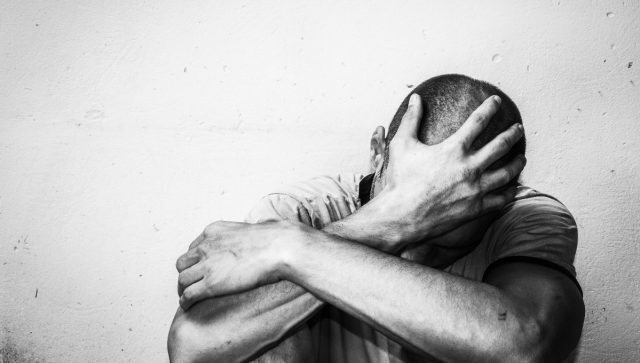Facilities that accept state-financed health insurance plans other than Medicaid have increased odds of offering MOUD
By Elana Gotkine HealthDay Reporter
THURSDAY, June 20, 2024 (HealthDay News) — About one-third of community outpatient mental health treatment facilities (MHTFs) offer medications for opioid use disorder (MOUD), according to a study published online June 18 in JAMA Network Open.
Jonathan Cantor, Ph.D., from RAND in Santa Monica, California, and colleagues quantified the availability of MOUD at community outpatient MHTFs in high-burden states and characteristics associated with offering MOUD in a cross-sectional study. Staff at 450 community outpatient MHTFs (152 Certified Community Behavioral Health Centers [CCBHCs] and 298 non-CCBHCs) in 20 states were surveyed.
The researchers found that 34 percent of MHTFs offered MOUD based on weighted estimates. Self-reporting being a CCBHC, providing integrated mental and substance use disorder treatment, having a specialized treatment program for clients with co-occurring mental and substance use disorders, offering housing services, and laboratory testing were facility-level factors associated with increased odds of offering MOUD (odds ratios, 2.11, 5.21, 2.25, 2.54, and 2.15, respectively). Increased odds of offering MOUD were seen for facilities that accepted state-financed health insurance plans other than Medicaid as a form of payment (odds ratio, 1.95), while reduced odds were seen for facilities that accepted state mental health agency funds (odds ratio, 0.43).
“Outpatient community mental health treatment facilities can be an important part of the treatment ecosystem for individuals with opioid use disorders,” Cantor said in a statement. “Further attention is needed to address challenges to offering medication treatment, and to assess whether referral models cited by many of the clinics are effective at meeting patients’ needs.”
Copyright © 2024 HealthDay. All rights reserved.



















